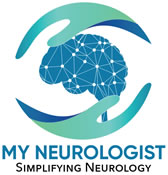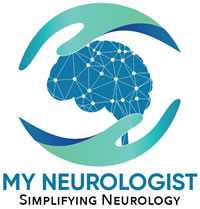This is a condition causing pain in the area of distribution of the glossopharyngeal nerve.
What is the glossopharyngeal nerve?
It is the 9th of the 12 cranial nerves. Cranial nerves are a set of nerves originating in the lower part of the brain and supply the structures in the head & neck, and many internal organs. It is a mixed nerve, with a motor and sensory component. Its motor part supplies part of the muscles involved in swallowing, and its sensory part carries sensations from the inside of the tympanic membrane, the palate and the back of the tongue. Its sensory functions include both the sensation and the taste. So, its malfunction may impact swallowing, or create sensory symptoms in its area of distribution.
What are the symptoms of glossopharyngeal neuralgia?
It causes paroxysmal electrical shock-like or shooting pain in the back of the tongue, pharynx, tonsillar area, inside of ear, and the angle of the jaw. Pain can be triggered by swallowing, coughing, talking or any such activity. Rarely, patient may also have slow heart rate, low blood pressure, and loss of consciousness. Its precise reason is not known but is presumably due to spill over of irritating messages to an adjoining system (the vagus system) controlling heart rate.
What is the cause of glossopharyngeal neuralgia?
Reasons include an abnormally placed blood vessels (PICA or AICA), being too close to the nerve. Other causes include multiple sclerosis, infection, inflammation, or a tumor. One of the causes is an abnormally long styloid process, a pointy part of the skull, the so-called Eagle syndrome. It is a rare disorder, and many times extensive testing is unable to detect a cause.
How is glossopharyngeal neuralgia diagnosed?
It is diagnosed by its clinical features or the symptoms. An MRI and MRA scanning can help to detect its cause.
How is glossopharyngeal neuralgia treated?
Mainstay of management is pain control. It is neuropathic pain that generally responds to medicines used for epilepsy. Out of many, better response is achieved with carbamazepine, oxcarbazepine, gabapentin, or pregabalin. Potentially, there are other ways to control pain, including many surgical procedures. Because of its rare nature, available experimental data is limited. If medical therapy fails, a referral to a tertiary-care pain management center with neurosurgical expertise is warranted.
Where can I get more information about the glossopharyngeal neuralgia?


Leave a Reply
Your email is safe with us.
You must be logged in to post a comment.